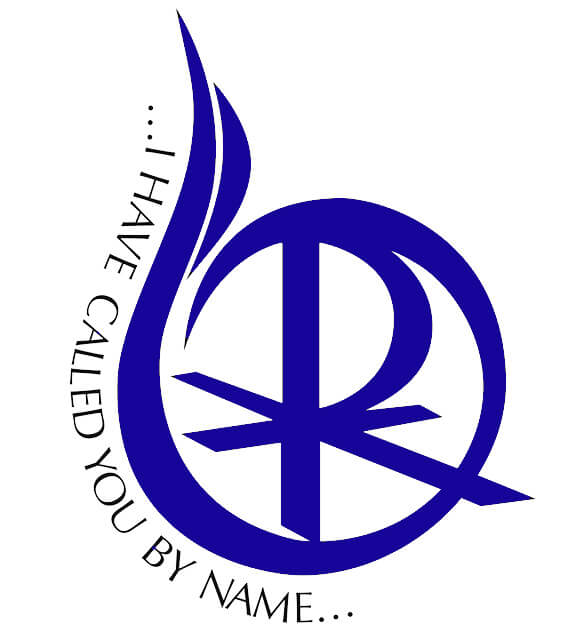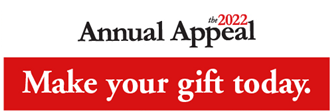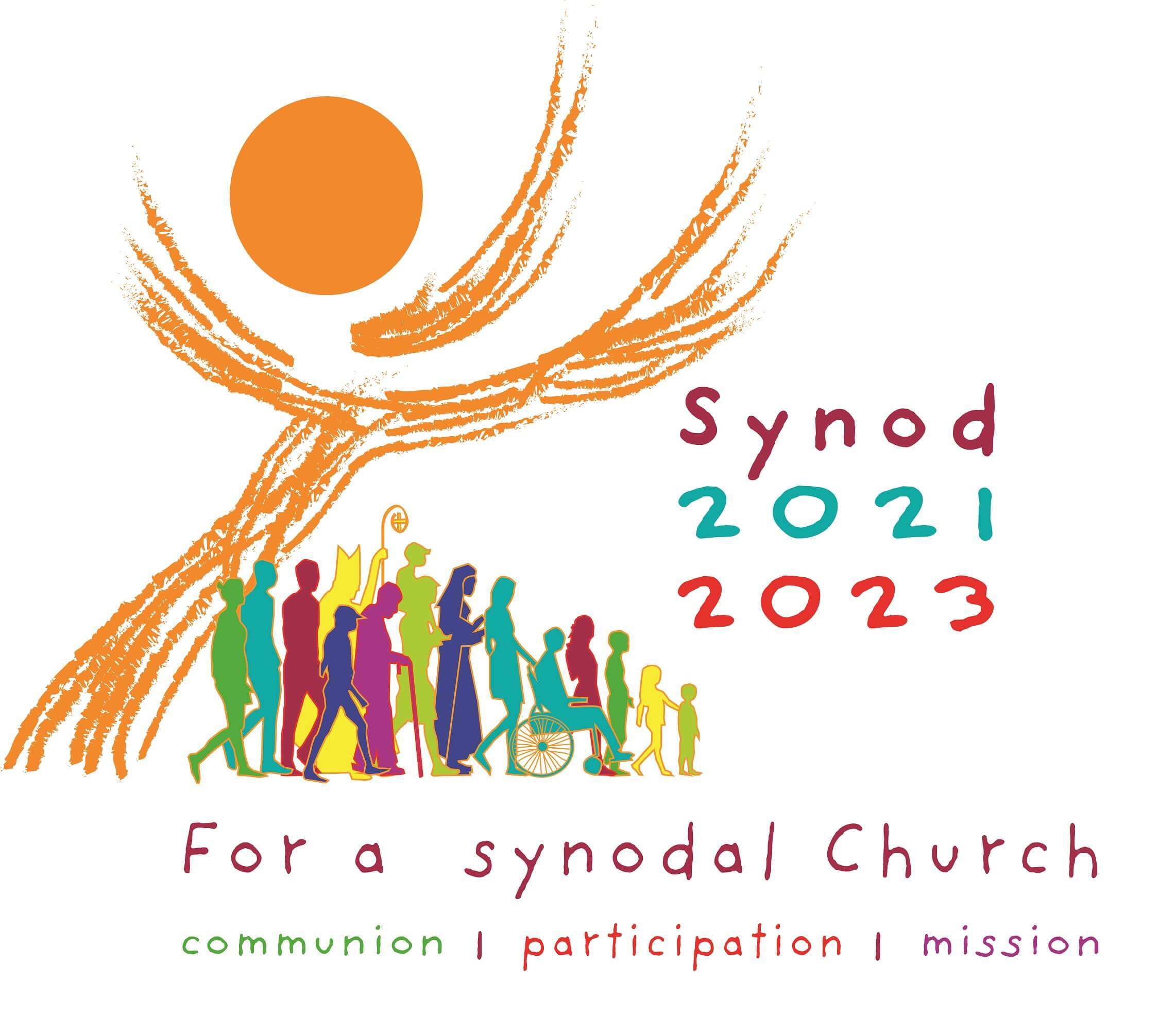Shortcode
End shortcode

Women’s Cornerstone
Daily Rosary | Divine Mercy Chaplet | Eucharistic Adoration | Stations of the Cross

Men’s Cornerstone

Parish Picnic

Bereavement Ministry

Parish Picnic

Parish Picnic

Red Sample

Parish Picnic
Ed. Ginter
Spring Concert | Christmas Concert | Presentation MTV |
Piano Men

Parish Picnic
Week One | Fifth Day

Creator of Life,
At Your word, the Earth brought forth plants yielding seed and trees of every kind bearing fruit. The rivers, mountains, minerals, seas and forests sustained life. The eyes of all looked to You to satisfy the needs of every living thing. And throughout time the Earth has sustained life. Through the planetary cycles of days and seasons, renewal and growth, you open your hand to give creatures our food in the proper time.
In your Wisdom, you granted a Sabbath; a blessed time to rest in gratitude for all that you have given; a time to liberate ourselves from vicious consumption; a time to allow the land and all creatures to rest from the burden of production. But these days our living pushes the planet beyond its limits. Our demands for growth, and our never-ending cycle of production and consumption are exhausting our world. The forests are leached, the topsoil erodes, the fields fail, the deserts advance, the seas acidify, the storms intensify. We have not allowed the land to observe her Sabbath, and the Earth is struggling to be renewed.
During this Season of Creation, we ask you to grant us courage to observe a Sabbath for our planet. Strengthen us with the faith to trust in your providence. Inspire us with the creativity to share what we have been given. Teach us to be satisfied with enough. And as we proclaim a Jubilee for the Earth, send Your Holy Spirit to renew the face of creation.
In the name of the One who came to proclaim good news to all creation,
Jesus Christ.
Amen.

“Creation at the Crossroads”)
_______
Pope Francis writes, “Some studies warn that an acute water shortage may occur within a few decades unless urgent action is taken. The environmental repercussions could affect billions of people; it is also conceivable that the control of water by large multinational businesses may become a major source of conflict in this century” (Laudato Si’, 31). The United Nations states, “By 2025, 1.8 billion people will be living in countries or regions with absolute water scarcity, and two thirds of the world population could be under stress conditions” (U.N. Food and Agricultural Organization).
Pope Francis is especially concerned about the movement toward privatizing water. “Even as the quality of available water is constantly diminishing, in some places there is a growing tendency, despite its scarcity, to privatize this resource, turning it into a commodity, subject to laws of the market” (Laudato Si’, 30). On July 28, 2010, The United Nations passed a resolution recognizing the human right to water and sanitation and acknowledging that clean drinking water and sanitation are essential to the realization of all human rights. Pope Francis affirms this position, writing that “access to safe drinking water is a basic and universal human right, since it is essential to human survival and, as such, is a condition for the exercise of other human rights” (Laudato Si’, 30). Access to water is a “right-to-life” issue.

How do you understand the opinion that “access to clean water is a right-to-life issue”?
Make concrete and decisive action to conserve water at home and at work.

~ Look at the World ~
Music by John Rutter
Sung by The Smith Ensemble
Week One | Fourth Day


“Creation at the Crossroads”)
_______

What habits and attitudes can you develop with regard to your use of water?
Millions of people lack access to clean water, and more than a billion lack access to sanitation facilities. Begin a campaign in your parish community to raise funds to support such a project.

~ Come to the Water ~
Music by John Foley, SJ
Sung by Brendan Rooney
On the piano: Ed Ginter
Week One | Third Day


“Creation at the Crossroads”)
_______
Some have failed to understand this truth because they misinterpret the words of God in Genesis: “Be fertile and multiply, fill the earth and subdue it. Have dominion over the birds of the air, the fish of the sea, and all living things that move on the earth.” To “subdue the earth” does not mean to destroy or exploit it. The nuance of the verb, as it is used in Genesis, is to control. Human beings must work the land in order to gain our sustenance, but we must do it responsibly! The phrase “having dominion over the earth” is not a license for tyranny; we can’t do with the earth whatever we like. We are called by God to exercise the real power that we have in the manner of Christ – in loving service to God and neighbor. Being given dominion is a challenge to be accountable for the care of the earth as a sacred trust. We must continue developing and improving upon it. Our efforts at re-working and shaping the earth are intended to make the result “good,” just as God made it in the beginning.
Ecology is a combination of the Greek words oikos, meaning home, and logos meaning a teaching. Ecology then is the study of how organisms interact with one another and with their common home. “Integral” adds an element of completeness: humans and all creatures of land, sea, and air, and our environment, are intimately connected as parts of a whole. Harming or destroying one part of the whole will cause harm and negative repercussions for another part. If we pollute our streams and rivers, we endanger the lives of the creatures that live in the water and the wellbeing of people who live along the banks. All of us are linked by unseen bonds, and together we form a universal family, sharing a common home.

-
What relationship do you see between religious faith and care for the environment?
-
Lawn and garden pesticides can harm wildlife; find alternative means of maintaining your own property without harmful pesticides.

~ Let All Creation Sing Alleluia ~
Music by Paul Tate
Sung by Pat Magliano
On the piano: Ed Ginter
Week One | The Second Day

and Leviathan,

“Creation at the Crossroads”)
_______

- Scripture teaches over and over that Creation is good. Reflect about an experience in your life that has taught this to you. Share in the comments below.
- Research about a local community that is experiencing environmental degradation. For example, a community near a power plant, industrial wast site, or landfill. What can you do to help protect the habitats of the wild life species in your area?

~ Morning Has Broken ~
A 1931 Christian Hymn
Sung by Joseph McDonald
On the piano: Ed Ginter
Book Discussion of “Called to the Universal Christ” begins Sept. 17
We will be hosting a book discussion via Zoom of “The Universal Christ: How a Forgotten Reality Can Change Everything We See, Hope For, and Believe” by Richard Rohr. You may purchase the book from the usual online & retail stores.
There will be a 10am morning group & a 7:30pm evening group on the following four Thursdays: September 17, September 24, October 1, & October 8. We will be discussing Chapters 1 & 2 at our first meeting on September 17.
Click here to register for the morning or evening group
Facilitated by Diane Carr, Pastoral Associate for Adult Faith Formation & Cathie DeTora, parishioner. Feel free to email Diane at dcarr@churchofpresentation.org with any questions.
Year 1 Confirmation Registration for Incoming Freshmen
Dear Parents of 9th Graders and Incoming Candidates joining Confirmation Preparation,
We are excited to welcome your child to our FRESHMAN program in the Fall of 2020 – YEAR ONE of Confirmation Preparation! Our engaging and impactful High School Youth Ministry Program is integrated with our Confirmation Preparation Program.
Confirmation is a parish Sacrament. Therefore, even if your child goes to Catholic school or will be going to Catholic High School, preparation happens in the parish. As you may be aware, our Confirmation program follows and builds on our Junior High program. Following Archdiocesan guidelines, Confirmation Preparation is a two-year Sacramental Preparation Process. Candidates should have a fundamental knowledge of our Catholic Christian teachings, and they should have completed their faith formation in a religious education program at a parish or in parochial school through 8th grade. Additionally, candidates should demonstrate and express a personal interest in the Sacrament, be attending mass regularly, and be actively involved in the life of our Church Community.
Freshmen/ First Year Candidate requirements:
- Complete the online registration form by clicking on this link or copying and pasting it into your web-browser:
https://forms.office.com/Pages/ResponsePage.aspx?id=vjLPzhgRMUm8UIcKOTBdy2BCp92vdkZBqGlQhHSG0gtUQkpMRzZVM1ZDVElFOTNQMzYyNTE4Rk9HWi4u
*There is no cost for registration but please note: registration for Year One closes on SEPTEMBER 10th, 2020.
2. Participate in six (6) Sunday Youth Ministry Gatherings. Until we are able to resume meeting in person these Gatherings will be offered virtually using the Zoom platform.
*Due to our response to COVID-19 and exercise of social distancing practices the retreat requirement for Freshmen has been lifted for the 2020-2021 Catechetical year.
Our First Sunday Youth Ministry Gathering will be on Sunday, Sept 13th at 7:30pm. That same night, we will have a separate Orientation for Parents at 7:30pm on Zoom as well. The Orientation will be informative and will give us a chance to talk about how we can support you as parents of teenagers. There is no registration for Sunday Community Gatherings. We also ask candidates not to bring cell phones with them to any in-person sessions or programming.
Email will be our main form of correspondence. If you notice that you are not receiving emails from our office throughout the year, please email or call us. Events will also be updated on our website, and reminders will be posted on our Youth Ministry Facebook page as well.
Please join us on Sept. 13th to discuss our programs as well as ways we can support YOU. Additionally, even if your child does not intend to prepare for Confirmation at this time, know that all High School Students are welcome at our Youth Ministry events! As always, it is wonderful to be ministering with you in the faith development of your child. We consider it a blessing to be able to serve you and your family! If there is anything else we can do to assist you in the spiritual growth of your family, please let us know. Sincerely,
Craig Johnson, Pastoral Assoc. for Youth & Young Adults
Maureen Murphy, Administrative Asst. for Jr. High & Youth Ministry
(Click HERE to download a copy of this letter).
Justice & Peace Ministry’s Three-Part Series on Racism concludes on August 25
Our Justice & Peace Ministry will be hosting a Three-part Series entitled “Racism: Where Am I?”
This series of three virtual programs addressing racism will be offered during the summer months. The final installment is Tuesday, August 25 at 7:30pm. Registration is required via email to presentationjandp@gmail.com. Those registered will be sent a link the day before the event. Please see the Justice & Peace Ministry page for more information.
June 12 would have been the Volunteer Appreciation Cocktail Party!
To our parish volunteers,
Although we are unable to celebrate you in person, please know we are thinking of you and holding you close in our hearts. We can’t wait until we are together again…..we love you and are so grateful to each and every one of you!
Love,
Your Presentation Staff Family
Summer MusiConnectED 2020 | This week’s entry: The Lord’s Prayer | September 14, 2020
Father Bob Stagg on Pastoral Leadership: Preach then get out of the way | Sunday to Sunday
Father Bob Stagg is the pastor of The Church of the Presentation in Upper Saddle River, N.J., located in Northern Bergen County, with over 4,700 families and 100 ministries. Community service and volunteerism are hallmarks — as diverse as growing a parish garden for soup kitchens in Newark and New York City, to the funding of a fully-staffed health clinic in Haiti. Father Bob is the best example of how preaching inspires and helps forward a cooperative model of pastoral leadership.

Online Mass /
Mass Schedule
Sunday Mass
Saturday 5pm (also live-streamed)
Sunday 7:30am, 8:30am, 10:00am, 11:30am & 6:30pm
Daily Mass (click here to view)
Mon. – Sat. 9:00am (also live-streamed)
Parish News & Events
Please read about all of our upcoming events in the weekly bulletin.
















